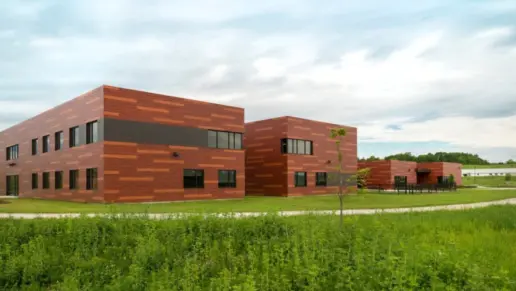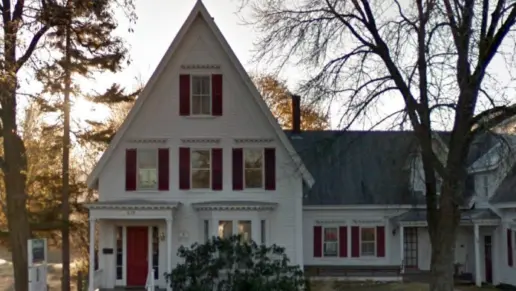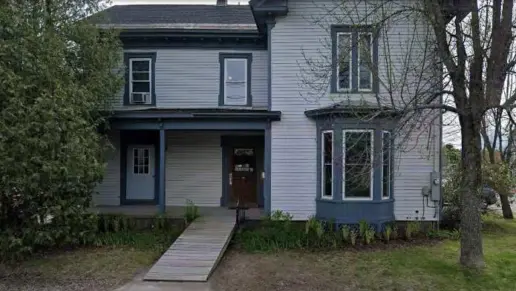This place is amazing. Great environment and wonderful staff. They do everything on their hands to guide you through the recovery process!
About Wellspring
The Wellspring Men’s Program, also known as the Bangor Halfway House is a drug and alcohol rehabilitation community in Bangor, Maine. They previously served as a traditional halfway house but they’ve recently become a longer-term program to help men with persistent substance use and related mental health disorders.
They can take in 15 men at a time who must be over 18 and substance-free upon admission. You’ll stay at the men’s home for four to six months. Your schedule will be a combination of therapy, education and practicing living skills.
You’ll join a 12 step community and become a regular participant. This is important as it helps you build your own support community that’ll be there for you throughout your recovery. Community connections are vital as you transition back into your community and regular life.
What I appreciate about them is the value they place on family relationships. Your loved ones are encouraged to visit you. As part of recovery, you’ll learn about family roles. Your daily living skills training includes chores such as cooking, cleaning and doing laundry. All these things build your self-confidence and lead to a better way of living.
When it comes to establishing a healthy lifestyle, you’ll find many walking paths and hiking trails along the Penobscot River and the many parks of Bangor. Longer hikes are available in the Bangor City Forest. Not only will you be getting exercise, but you’ll be breathing fresh air and enjoying the wild beauty of nature. This is one sure way to help you fall in love with life again.
Rehab Score
Gallery
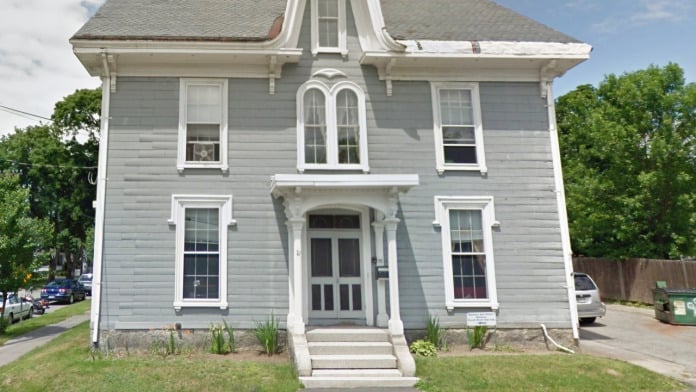
Location
Other Forms of Payment
Self-pay involves paying for treatment out of your own pocket. You can use savings or credit, get a personal loan, or receive help from family and friends to fund your treatment. If you don't have insurance or your insurance plan doesn't cover a specific program, self-pay can help ensure you still get the care you need.
Financial aid can take many forms. Centers may have grants or scholarships available to clients who meet eligibility requirements. Programs that receive SAMHSA grants may have financial aid available for those who need treatment as well. Grants and scholarships can help you pai for treatment without having to repay.
Sliding scale payments are based on a client's income and family size. The goal is to make treatment affordable to everyone. By taking these factors into account, addiction recovery care providers help ensure that your treatment does not become a financial burden to you or your family, eliminating one barrier to care.
Medicaid is a state based program that helps lower-income individuals and families pay for healthcare. Medicaid covers addiction treatment so those enrolled can use their coverage to pay for rehab. When a program accepts Medicaid the client often pays very little or nothing out of their own pocket.
Addiction Treatments
Levels of Care
Treatments
The goal of treatment for alcoholism is abstinence. Those with poor social support, poor motivation, or psychiatric disorders tend to relapse within a few years of treatment. For these people, success is measured by longer periods of abstinence, reduced use of alcohol, better health, and improved social functioning. Recovery and Maintenance are usually based on 12 step programs and AA meetings.
Drug rehab in Maine is the process of helping someone learn how to live without the use of substances. Professional staff provide treatment to address the various issues of addiction. Methods often involve medication, counseling, and evidence-based therapies.
Many of those suffering from addiction also suffer from mental or emotional illnesses like schizophrenia, bipolar disorder, depression, or anxiety disorders. Rehab and other substance abuse facilities treating those with a dual diagnosis or co-occurring disorder administer psychiatric treatment to address the person's mental health issue in addition to drug and alcohol rehabilitation.
In Maine, dual-diagnosis rehabs typically provide comprehensive care to treat both mental health and substance abuse challenges. By integrating evidence-based therapies —like cognitive-behavioral therapy (CBT), dialectical behavior therapy (DBT), eye movement desensitization and reprocessing (EMDR), and experiential therapy — addiction and medical experts can support you to improve mental health and achieve long-term sobriety. You'll also learn vital skills to reduce stress and enhance your coping strategies.
Opioid rehabs specialize in supporting those recovering from opioid addiction. They treat those suffering from addiction to illegal opioids like heroin, as well as prescription drugs like oxycodone. These centers typically combine both physical as well as mental and emotional support to help stop addiction. Physical support often includes medical detox and subsequent medical support (including medication), and mental support includes in-depth therapy to address the underlying causes of addiction.
Programs


Clinical Services
Cognitive behavioral therapy in Maine is a form of talk therapy. It involves a limited number of sessions during which the therapist helps the client become aware of negative thinking and replace it with positive thought patterns. This in turn helps the individual respond to challenges in healthier ways.
Group therapy is any therapeutic work that happens in a group (not one-on-one). There are a number of different group therapy modalities, including support groups, experiential therapy, psycho-education, and more. Group therapy involves treatment as well as processing interaction between group members.
Individual therapy offers personalized sessions for drug and alcohol addiction treatment to help uncover and address the root causes of addictive behavior. Your therapist will provide individualized, one on one support to help you build resilience and develop healthier habits with a focus on long term sobriety.
Amenities
-
Private Setting
Staff
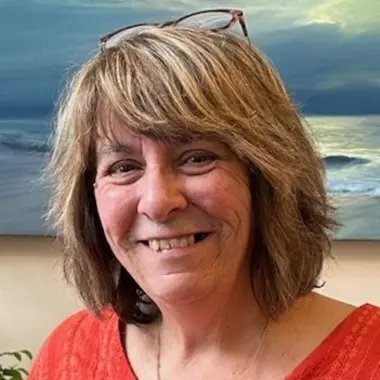
Executive Director
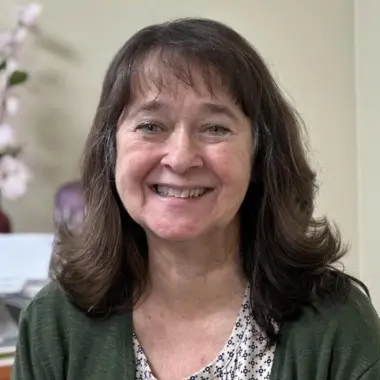
Director of Operations

Director HR
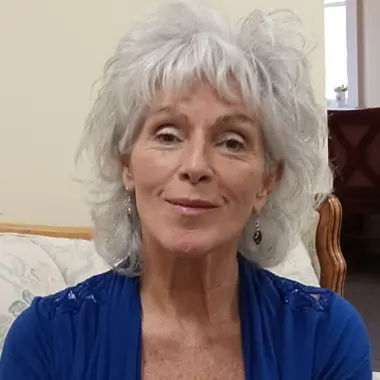
Clinical Director
Contact Information
98 Cumberland Street
Bangor, ME 04401
